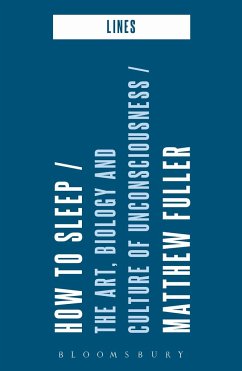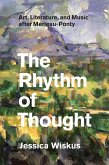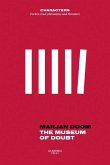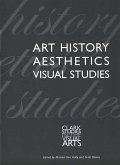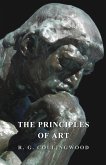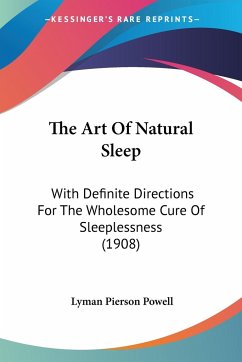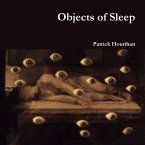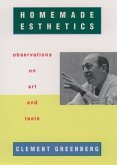Sleep is quite a popular activity, indeed most humans spend around a third of their lives asleep. However, cultural, political, or aesthetic thought tends to remain concerned with the interpretation and actions of those who are awake. How to Sleep argues instead that sleep is a complex vital phenomena with a dynamic aesthetic and biological consistency. Arguing through examples drawn from contemporary, modern and renaissance art; from literature; film and computational media, and bringing these into relation with the history and findings of sleep science, this book argues for a new interplay between biology and culture. Meditations on sex, exhaustion, drugs, hormones and scientific instruments all play their part in this wide-ranging exposition of sleep as an ecology of interacting processes. How to Sleep builds on the interlocking of theory, experience and experiment so that the text itself is a lively articulation of bodies, organs and the aesthetic systems that interact with them. This book won't enhance your sleeping skills, but will give you something surprising to think about whilst being ostensibly awake.
Hinweis: Dieser Artikel kann nur an eine deutsche Lieferadresse ausgeliefert werden.
Hinweis: Dieser Artikel kann nur an eine deutsche Lieferadresse ausgeliefert werden.

